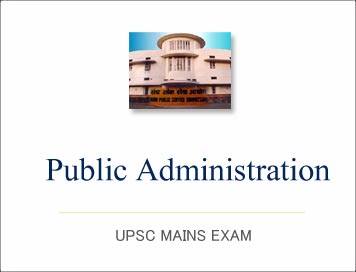Public Administration Mains 2019 : Solved Paper-2 (Question: 5)

Public Administration Mains 2019 : Solved Paper Question Paper-2 (Question-5)
SECTION-B
Q1. “Answer the following in about 150 words each: 10 x 5 = 50 Marks
(a) The evidences suggest that the dream of deliberative democracy could not be realized in practice at the grassroot level. Evaluate the impediments in the functioning of Gram Sabha. 10 Marks
ANSWER: Deliberative democracy or discursive democracy is a form of democracy in which deliberation is central to decision-making. It adopts elements of both consensus decision-making and majority rule. Deliberative democracy differs from traditional democratic theory in that authentic deliberation, not mere voting, is the primary source of legitimacy for the law. While deliberative democracy is generally seen as some form of an amalgam of representative democracy and direct democracy, the actual relationship is usually open to dispute. Some practitioners and theorists use the term to encompass representative bodies whose members authentically and practically deliberate on legislation without unequal distributions of power, while others use the term exclusively to refer to decision-making directly by lay citizens, as in direct democracy.
(b) “The RTI has started its journey, but is far from its destination.” In the view of the statement, examine the present’s status of the RTI movement. 10 Marks
ANSWER: ONLY FOR COURSE MEMBERS
(c) The concept of new localism arrangement may defeat the very purpose of local self-governance. Do you agree? Justify. 10 Marks
ANSWER: ONLY FOR COURSE MEMBERS
(d) Effective ‘Performance Management System’ needs to precede ‘taking deadwood out’ from bureaucracy. Comment. 10 Marks
ANSWER: ONLY FOR COURSE MEMBERS
(e) All weather rural connectivity scheme to even unconnected rural habitations has the potential to transform the rural economy. Do you agree? Justify. 10 Marks
ANSWER: ONLY FOR COURSE MEMBERS
